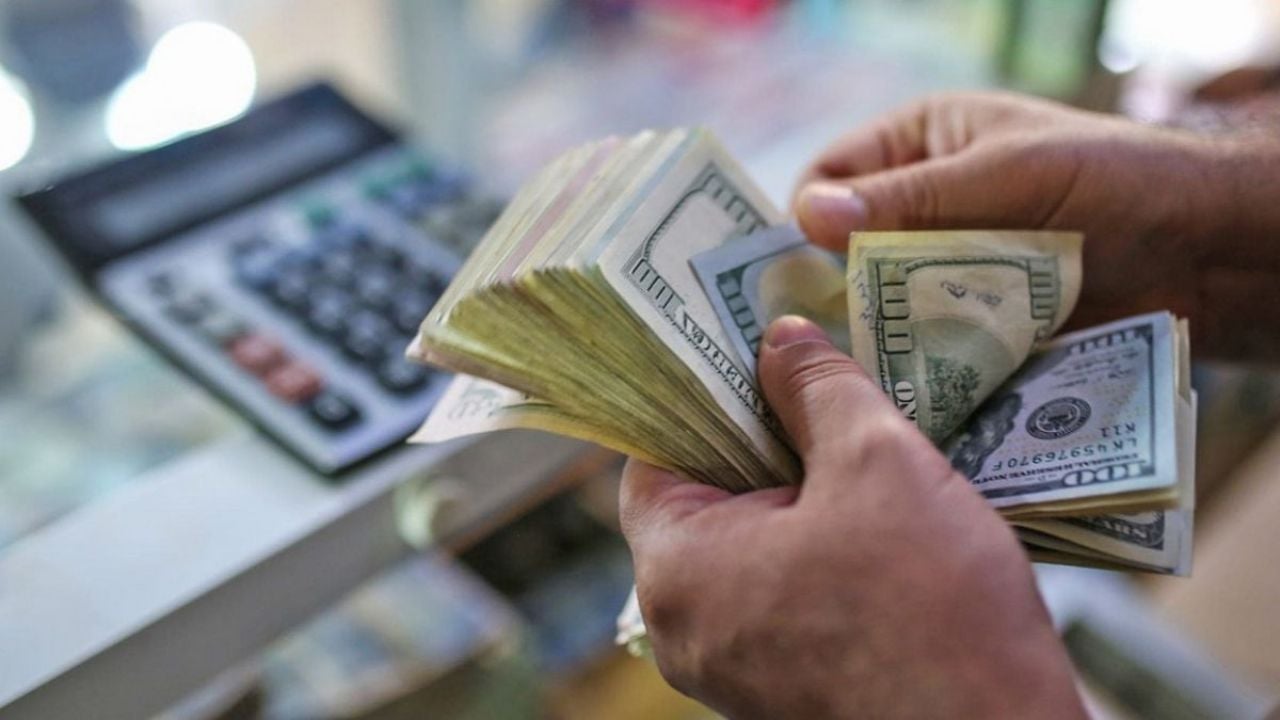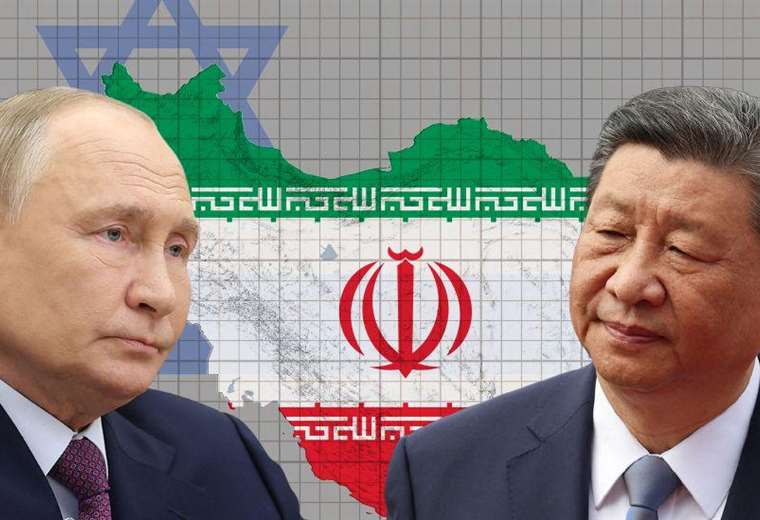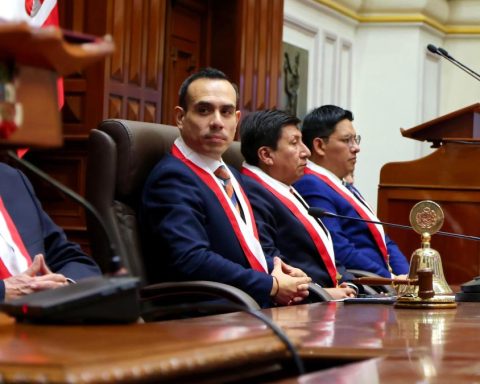Last week, the price of dollar It presented significant variations in both the official market and the parallel market, known as the blue dollar. This phenomenon is of great interest to Argentines, since the fluctuation of the dollar directly impacts the country’s economy, affecting everything from the prices of goods and services to the investment and savings decisions of citizens.
He dollar official, which is the exchange rate regulated by the Central Bank of the Argentine Republic (BCRA), closed the day on November 1 at $1011.50 for sale and $971.50 for purchase. This value is the result of the monetary and exchange policies implemented by the government to control inflation and stabilize the economy.
Throughout the year, the dollar official has shown an upward trend, reflecting inflationary pressures and the need to maintain the competitiveness of Argentine exportss. On the other hand, the blue dollar, which is traded in the informal market, closed the same day at $1,190 for sale and $1,170 for purchase.
The gap between dollar official and the blue dollar has remained wide, reflecting the distrust of investors and savers in the government’s economic policies and the search for refuge in the dollar as a way to protect themselves against inflation and the devaluation of the peso.

Fountain: Dollar Today
This Monday, November 4, the dollar blue is trading at $1170 to buy and $1190 to sell. In turn, the official dollar is quoted at $973 for purchase and $1013 for sale. To control the price of the dollar and reduce the exchange gap, the government has implemented several measures.
Establishing limits on the purchase of dollars by citizens and companies is a common measure to try to control the demand for foreign currency and stabilize the exchange rate. The BCRA can intervene in the exchange market by buying or selling dollars to influence its price. However, this measure depends on the availability of international reserves.

Plan
Adjustments in fiscal and monetary policy, such as reducing the fiscal deficit and controlling monetary issuance, are essential to stabilize the economy and reduce pressure on the exchange rate.
The outlook for the price of dollar They depend on several factors, including the evolution of inflation, the government’s economic policies and the global economic situation. Exchange rate stability is crucial for the Argentine economy, as it influences inflation, export competitiveness, and investor confidence.
follow us on Google News and on our channel instagramto continue enjoying the latest news and our best content.


















